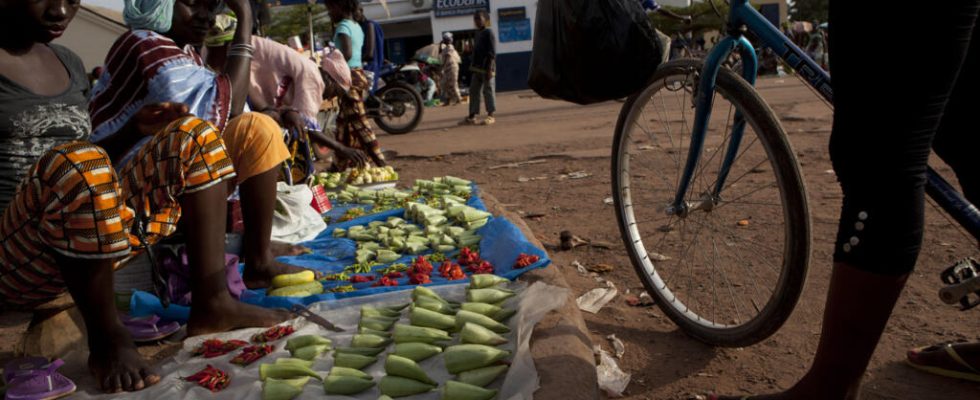Nearly 800,000 voters, 54% of whom are women, are called to vote on Sunday in Guinea Bissau to renew the People’s Assembly. In all, 102 seats must be renewed. As the campaign ends tomorrow, some observers point to a shortcoming: parity has not been respected by the political parties.
with our special correspondent in Bissau, Bineta Diagne
According to the 2018 law, each candidate list must contain at least 36% women. The first legislature included 38 women and since then this share has only declined.
Isabel Almeida, the president of the NGO Miguilan, notes that the law on parity remains not very restrictive. ” As soon as it was adopted, the law on parity had many flaws, which should have been corrected. But this was not done due to repeated dissolutions of Parliament. Result: the political parties take advantage of this loophole not to apply the law. »
For the analyst Rui Jorge, the reasons for this decline are also linked to cultural practices. ” The worst thing is that no punitive mechanisms have been developed against parties that do not respect the law. In the interior of the country, the reality is different, because the social structure of the country, by tradition, does not keep a place for women in decision-making spheres.. »
For this year, in the best of cases, only 11 women could be elected MP.
► Read also : In Guinea-Bissau, the start of the campaign for legislative elections which promise to be tight
